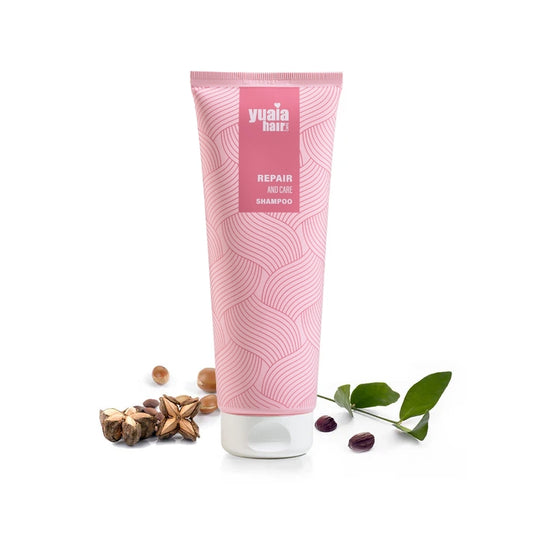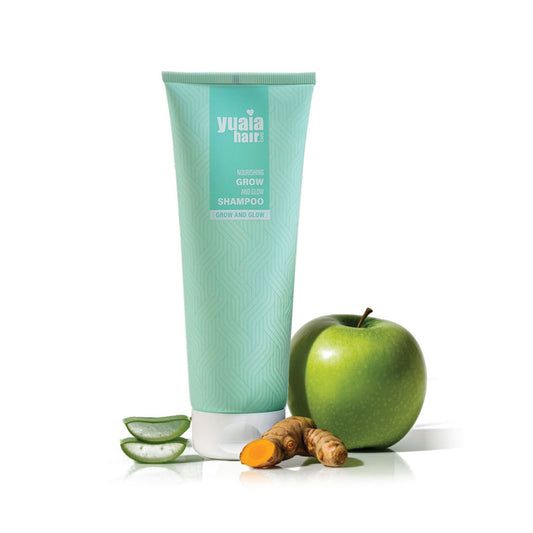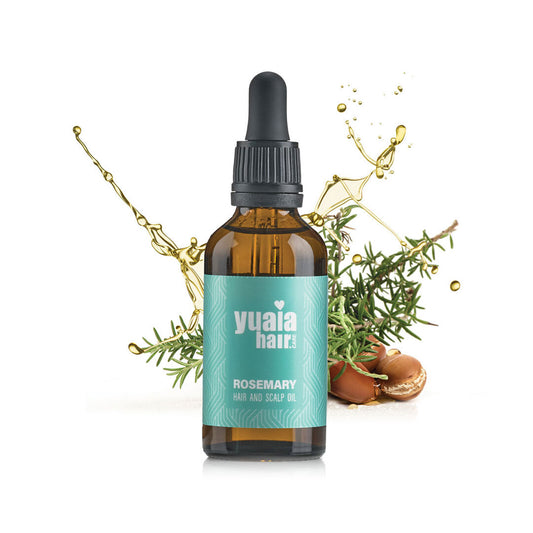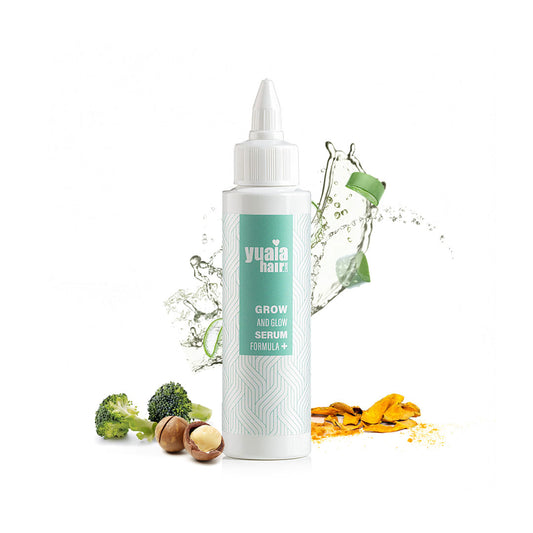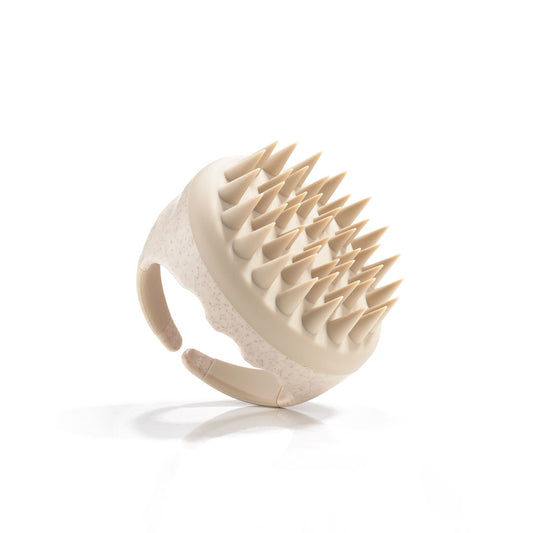Causes of itchy scalp
As mentioned, there can be many different causes of an itchy scalp. Most scalp problems will cause itching, so it's a very common symptom. There can be many causes of an itchy scalp, ranging from diseases to dry scalp. Here are some of the most common causes of an itchy scalp.
Dry scalp
Dry scalp is one of the most common causes of itchy scalp. You will often experience small white flakes sprinkled from your hair. It can often be confused with dandruff, but requires a completely different treatment. You can learn more about the difference between dandruff and dry scalp here.
If the cause of your itchy scalp is a dry scalp, it is often quite simple remedies, such as a change in hair care routine or hair products, that can make a difference. Often, it will be to switch to a sulfate-free shampoo, which ensures that your scalp's natural oils are not washed away. Sulfate-free products are gentle and help retain moisture in the scalp, which can reduce itching and irritation. The natural oils help maintain a normal scalp. If you use sulfate-containing products, they can remove these and dry out the scalp. To maintain a healthy scalp, it can also be a good idea to use a moisturizing hair mask or scalp oil regularly to provide extra moisture to the skin. You can read all our best advice for dry scalp here.
Frequent hair washing
In connection with dry and itchy scalp, the next cause could be that you wash your hair too often. Frequent hair washes can dry out the scalp, especially if you use sulfate-containing products. Consider whether you can reduce the number of hair washes per week. We recommend somewhere between 2-3 hair washes a week, although it varies depending on how active you are. If you exercise a lot, it may be necessary to wash your hair more often, but it's important to use products that do not harm the scalp.
It can be a good idea to look at the products you use for your hair. You should often use a mild shampoo without sulfate or silicone. A mild shampoo protects the scalp's natural oils, which is essential to avoid drying and itching. An added bonus would be if it is good for the scalp.
 2-5 day delivery
2-5 day delivery
 25.000+ satisfied customers
25.000+ satisfied customers
 Satisfaction Guarantee
Satisfaction Guarantee





















